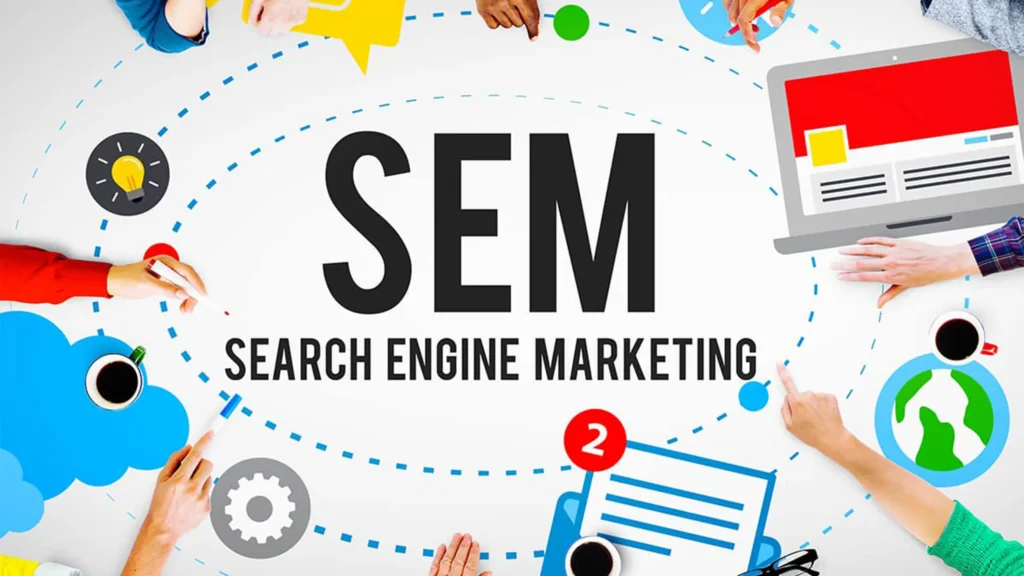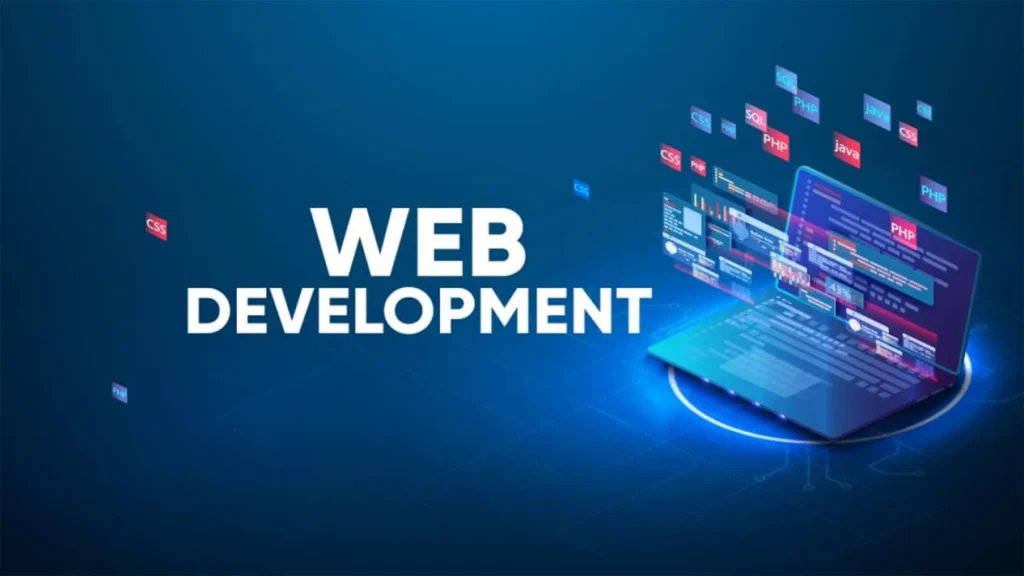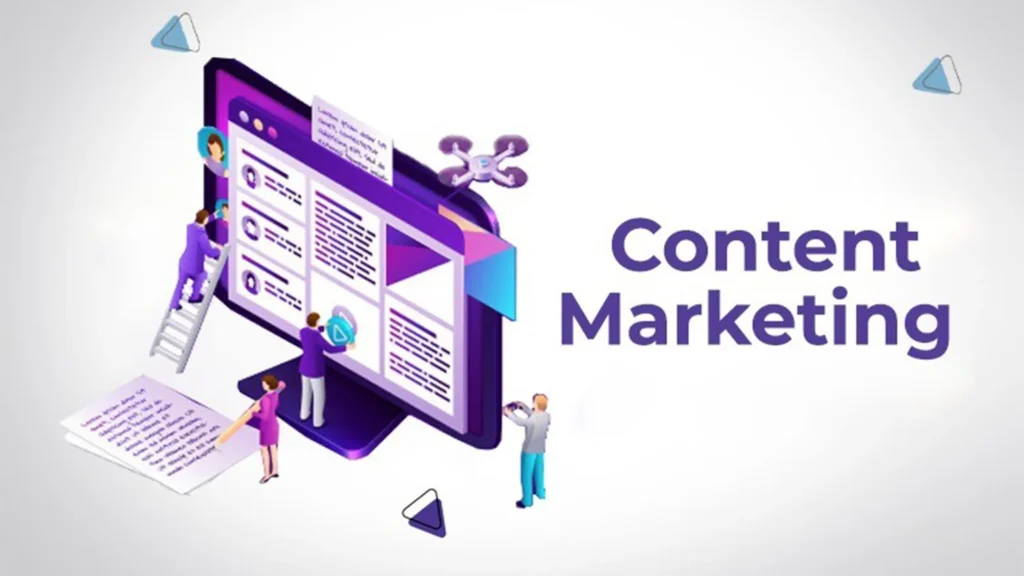
SEO
SEO, or Search Engine Optimization, is a crucial digital marketing strategy aimed at enhancing a website’s visibility on search engines. At its core, SEO involves a variety of techniques designed to improve both the quantity and quality of organic traffic. One essential aspect is keyword research, where marketers identify terms and phrases that potential customers are searching for. Once these keywords are determined, on-page SEO comes into play, which includes optimizing content, titles, and meta descriptions to ensure they align with user intent. Additionally, creating high-quality, engaging content is vital, as search engines prioritize valuable information that answers users’ queries. Technical SEO focuses on the backend elements of a website, such as site speed and mobile-friendliness, which contribute to overall user experience. Building backlinks from reputable sites can further enhance a website’s authority, while local SEO tactics help businesses attract nearby customers. Finally, using analytics tools allows marketers to monitor performance and make data-driven adjustments. Overall, a well-rounded SEO strategy not only boosts search engine rankings but also enhances user engagement, ultimately driving more conversions.
SMM
Social Media Marketing (SMM) is a dynamic approach to promoting products and services through social media platforms, allowing businesses to connect with their audience in a more engaging way. By leveraging platforms like Facebook, Instagram, Twitter, and LinkedIn, companies can share content, interact with followers, and build brand awareness. A successful SMM strategy involves creating compelling and relevant content tailored to the target audience, fostering a community through regular interaction, and utilizing paid advertising options to reach a broader demographic. Analytics play a crucial role in SMM, as businesses can track engagement metrics, understand audience preferences, and refine their strategies accordingly. Additionally, effective SMM enhances customer loyalty by providing a platform for direct communication and feedback. Overall, SMM not only drives traffic to websites but also cultivates relationships with customers, making it an essential component of modern marketing efforts.


SEM
Search Engine Marketing (SEM) is a digital marketing strategy that increases a website’s visibility through paid search engine advertising. Unlike Search Engine Optimization (SEO), which aims for organic traffic, SEM involves bidding on keywords to display ads prominently in search results. Businesses can reach potential customers at the exact moment they are seeking relevant products or services. SEM campaigns typically use platforms like Google Ads to create targeted ads that can drive traffic to a website quickly. Effective SEM strategies involve thorough keyword research, ad copy optimization, and continuous monitoring of campaign performance to ensure a positive return on investment. Additionally, leveraging analytics tools helps marketers understand user behavior and refine their tactics for better results. Ultimately, SEM not only enhances visibility but also complements other marketing efforts, making it a vital component of a comprehensive online strategy.
WEB DEVELOPMENT
Web development is the process of building and maintaining websites, encompassing various aspects such as web design, coding, content creation, and database management. It involves both front-end development, which focuses on the user interface and user experience, and back-end development, which deals with server-side functionalities and database interactions. Front-end developers use languages like HTML, CSS, and JavaScript to create visually appealing and responsive designs that engage users. Meanwhile, back-end developers utilize programming languages such as PHP, Python, or Ruby to ensure that the website operates smoothly behind the scenes. Web development also includes considerations for site performance, security, and scalability, ensuring that websites can handle traffic and protect user data. With the increasing importance of mobile optimization and accessibility, modern web development practices prioritize creating inclusive and user-friendly experiences across all devices. Ultimately, effective web development not only delivers functional and aesthetically pleasing websites but also plays a crucial role in achieving business objectives and enhancing online presence.


CONTENT MARKETING
Content marketing is a strategic approach focused on creating, distributing, and promoting valuable content to attract and engage a target audience. Rather than directly promoting products or services, content marketing aims to provide informative, entertaining, or educational material that addresses the needs and interests of consumers. By consistently delivering high-quality content, businesses can build trust and establish authority in their industry, fostering long-term relationships with their audience. Additionally, effective content marketing enhances brand visibility and can drive organic traffic to websites through SEO optimization. Analyzing audience engagement metrics allows marketers to refine their strategies and tailor content to better resonate with their target demographic. Ultimately, content marketing not only helps in attracting and retaining customers but also plays a vital role in enhancing brand loyalty and driving conversions.
BRANDING
Branding is the process of creating a unique identity for a product, service, or company, distinguishing it from competitors in the marketplace. This encompasses various elements, including a brand’s name, logo, tagline, design, and overall messaging, all of which work together to convey the brand’s values, mission, and personality. Effective branding fosters recognition and builds trust among consumers, allowing businesses to create emotional connections with their audience. Strong branding also helps to establish a consistent customer experience across all touchpoints, from marketing materials to customer service interactions. Additionally, branding can influence perception and positioning within the market, enabling companies to command premium pricing and cultivate customer loyalty. In an increasingly competitive landscape, successful branding is essential for long-term growth and sustainability, as it not only attracts new customers but also retains existing ones by fostering a sense of community and belonging. Ultimately, effective branding transforms a simple product into a recognizable and valued entity that resonates with consumers on multiple levels.

Let’s Connect
Let us help you! Get in touch with us if you have any questions, concerns, or would like to collaborate.